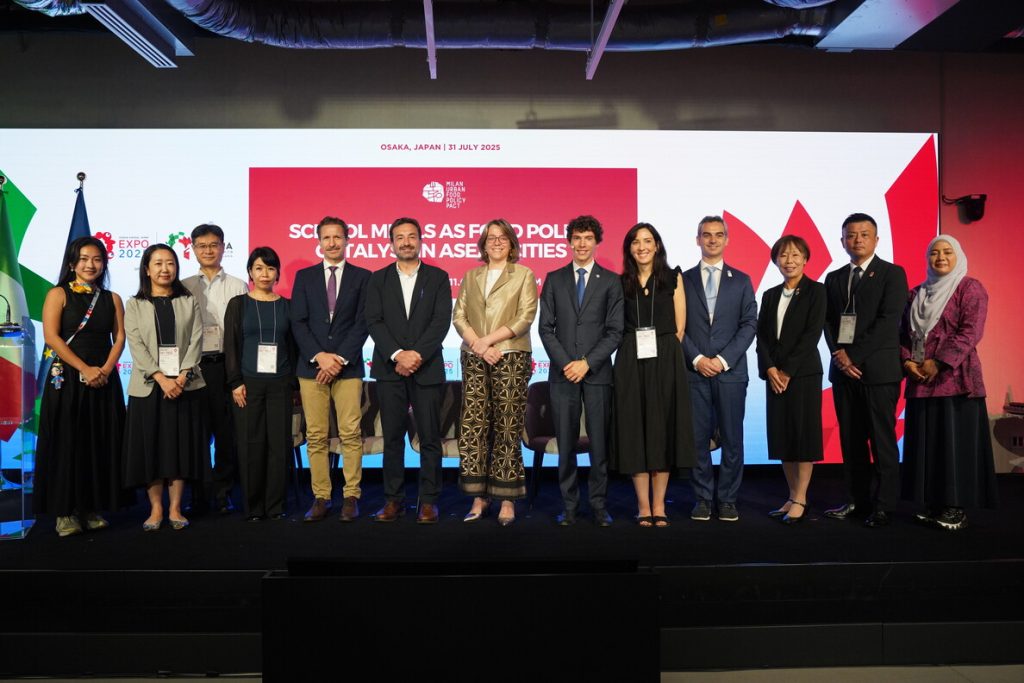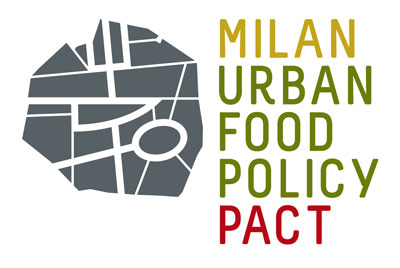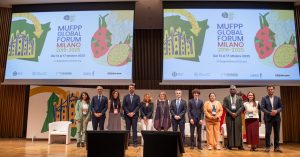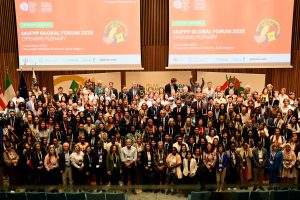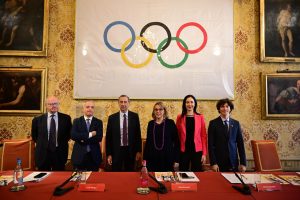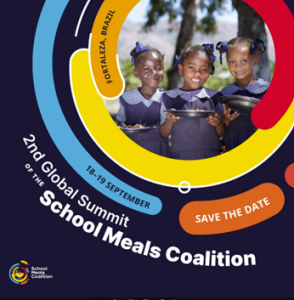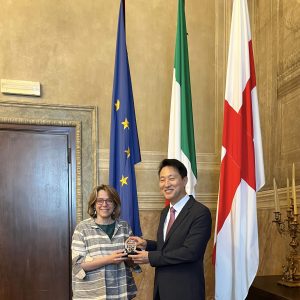On 31 July 2025, the Milan Urban Food Policy Pact joined the Expo Osaka 2025, hosting the session “School Meals as Food Policy Catalysts in ASEAN Cities” at the Italy Pavilion, moderated by Filippo Gavazzeni, head of the MUFPP Secretariat.
The MUFPP is committed to support cities in expanding or improving their school meals programmes, as these enable multiple food system objectives to be achieved, in collaboration with the World Food Programme, under the School Meals Coalition.
To address this topic, the session in Osaka was divided in three segments: the first aimed at outlining the role of cities and school meals by sharing best practices from the city of Milan and the city of Osaka; the second had the objective of sharing the successful implementation of the project “Spreading Experiences and Knowledge on School Meals Programmes in ASEAN Cities”; the third was a roundtable discussion with key partners: the EU delegation to Japan, the Italian Agency for Development and Cooperation (AICS), the Japan International Cooperation Agency (JICA) and the Asian Development Bank, to understand how they can drive change together in the region in the coming months.
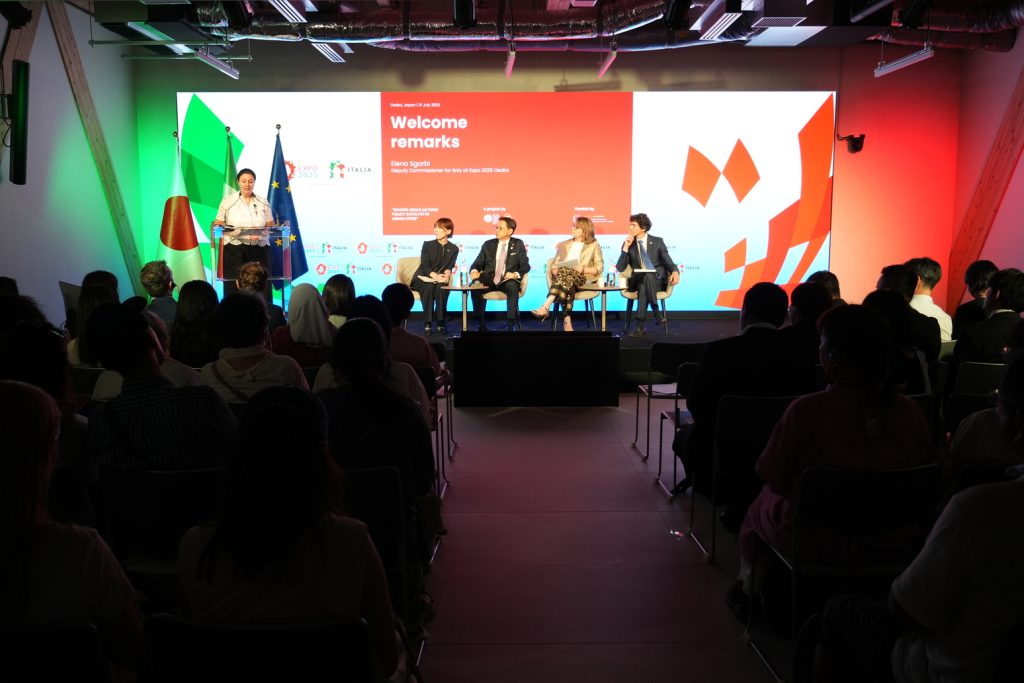
As recalled by Elena Sgarbi, Deputy Commissioner for Italy at Expo 2025 Osaka, the topic of the session was indeed central to the main theme of Expo 2025 Osaka “Designing Future Society for Our Lives”, proof that Expos are pivotal opportunities not only for the development of international relations and cooperation, but also to achieve concrete results for people’s lives. To reach this goal, school meals can be a transformative lever in urban food policies for advancing nutrition, health promotion, education and the revitalization of local economies, especially addressing the challenges faced by ASEAN countries (such as malnutrition, food insecurity, climate change, food waste and inequalities).
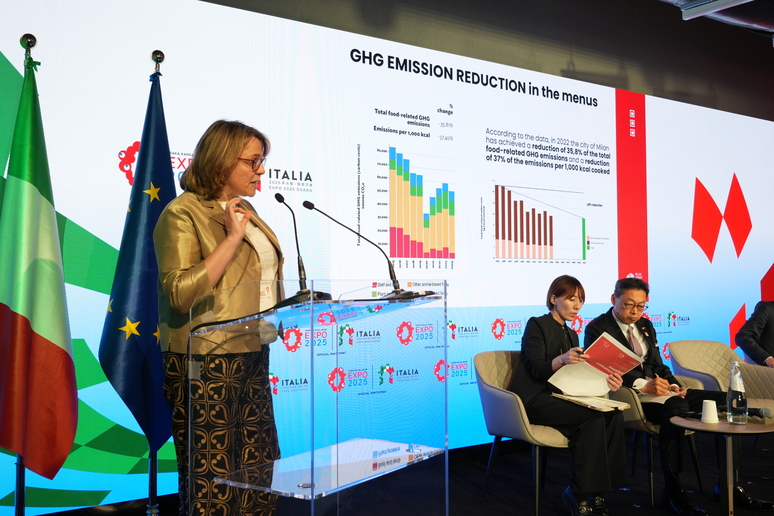
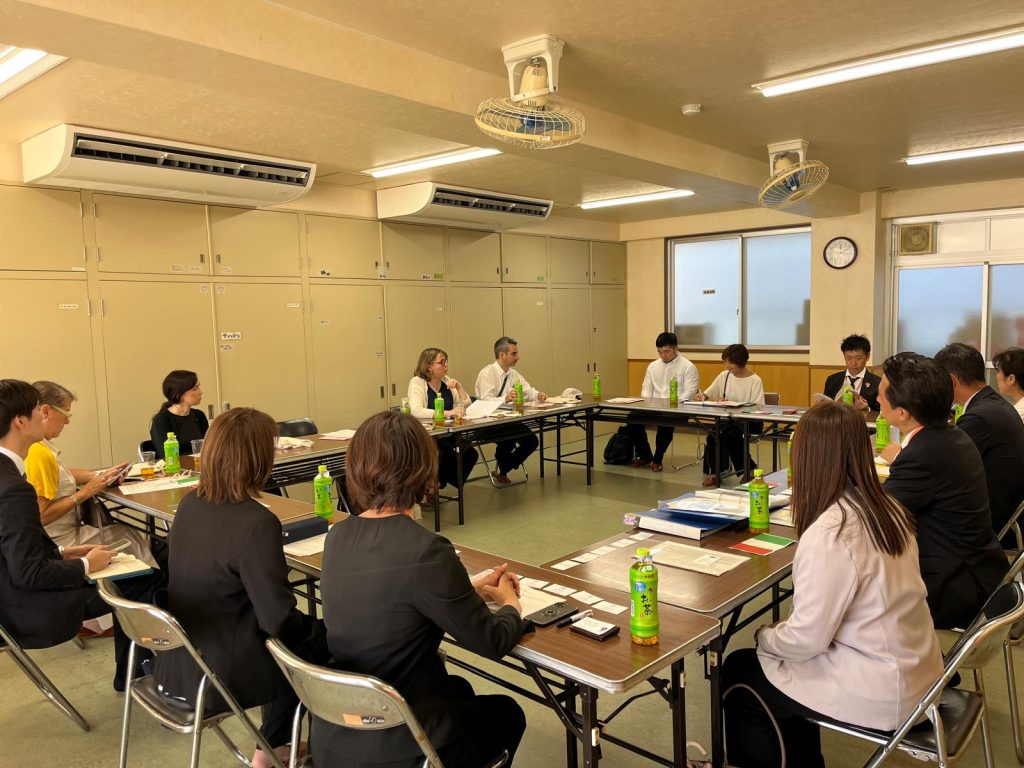
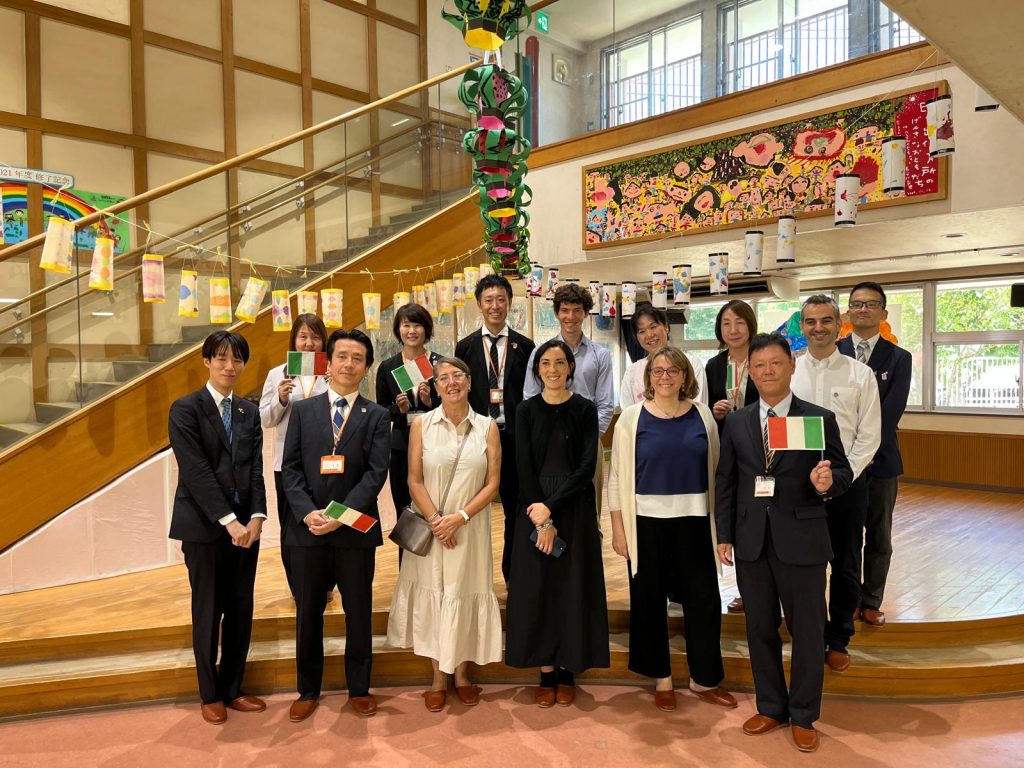
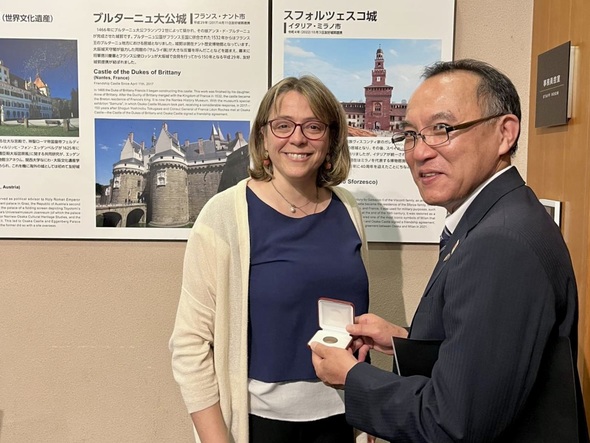
Two outstanding examples of cities sharing advanced school meals programmes are Milan and Osaka, bound by a sister city agreement since 1981.
During the session, the Vice Mayor of the city of Milan, Anna Scavuzzo, shared her experience of visiting some schools, kindergartens and canteens in Osaka, encountering great hospitality and inspiring experiences, closely aligned with Milan’s school meals system. In Milan, in fact, public school meals are central for the political agenda of the city, where the service is managed according to the in-house providing model, entrusted to the public company Milano Ristorazione, controlled by the Municipality. Milan provides annually 15 million meals to all children in public schools. Through the public procurement system, they carry out an important persuasion activity, to promote healthier consumption patterns and more sustainable food systems. By setting ambitious procurement criteria, like short supply chain, organic farming practices, social aspects and educational programmes, the City works on improving equity, sustainability and well-being. In 2015 they have joined the Coolfood Pledge to work in this direction, and, as a result, in 2022 the City of Milan has achieved a reduction of 35,8% of total food-related GHG emissions, through a gradual shift towards more plant-based options in the menu, massively reducing red meat and animal based food and increasing the offer of legumes. A key component of the Milan school meals systems, very significant for Osaka too, is education: a key ingredient to increase students’ awareness and food consumption, but also to reach teachers and the entire community.
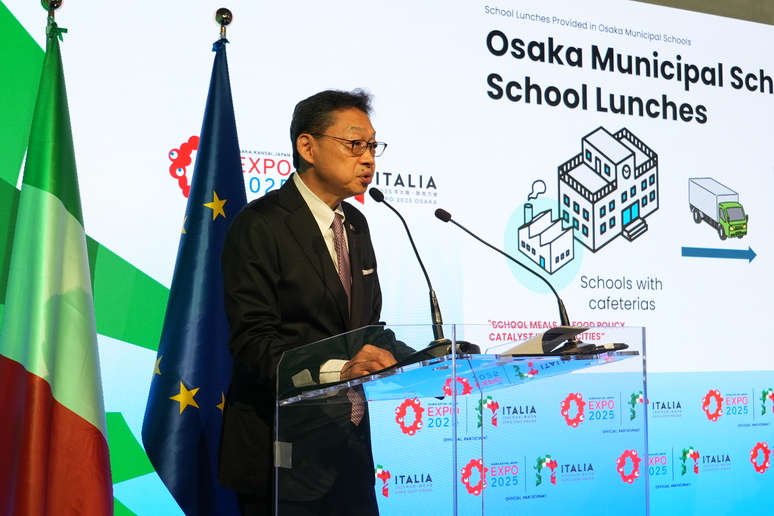
The Vice Mayor of the city of Osaka, Takahashi Toru, shared the common commitment with their school meals system, highlighting the unique role of promoting nutrition and education to foster healthy minds and bodies, through a service free of charge in Osaka. They enrich the menu content with seasonal ingredients and traditional or event-themed lunches, offering also international dishes to teach culture through food experience. This is a fundamental component of Japanese School Lunch programmes, as further explained by Marika Nomura, Senior Advisor, Japan International Cooperation Agency: in Japan school lunches are not only for nutrition provision but a fundamental part of education, considered living teaching textbooks. Municipal governments are the primary implementing bodies of school lunch programs in Japan, promoting physical and mental development of schoolchildren thanks to the “Shokuiku”, described as “the acquisition of holistic knowledge about food and nutrition, as well as the ability to make healthy dietary choices, through various experiences, and nurturing people who can practice a healthy diet”. This shows how the locally driven education-oriented system can deliver a long-term impact.
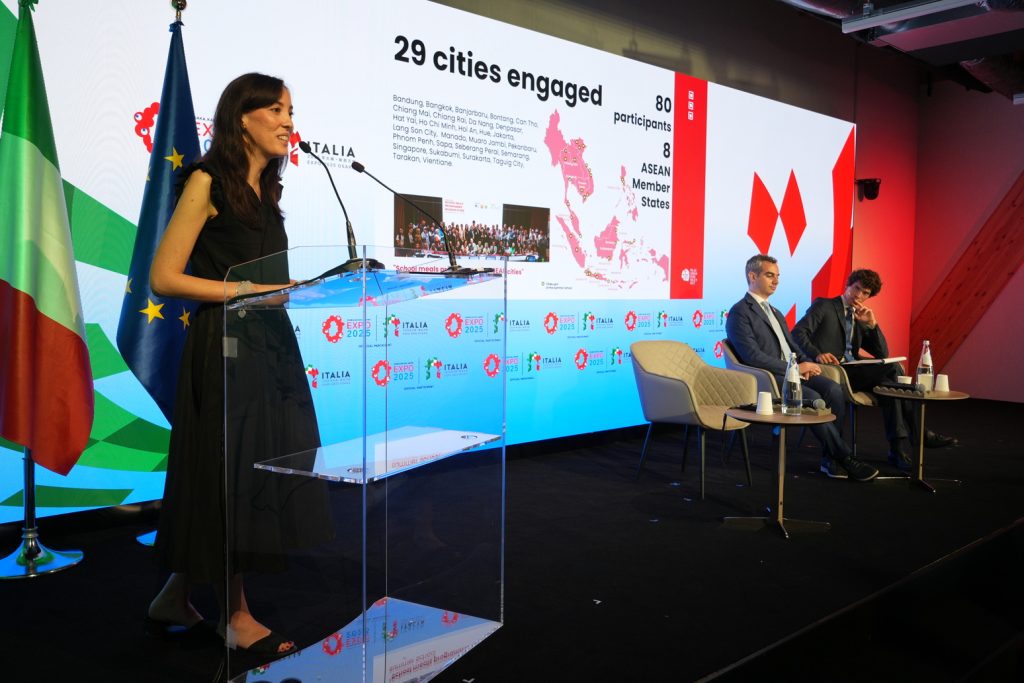
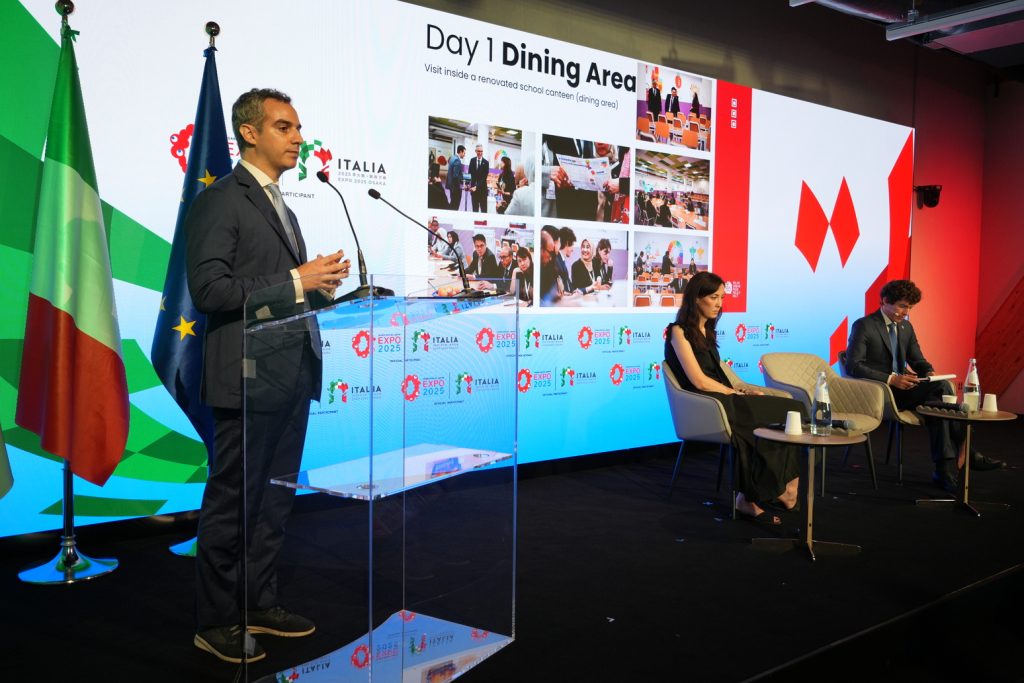
In order to promote these shared goals in other ASEAN Cities, the Municipality of Milan in collaboration with the ASEAN Secretariat and funded by the Italian Ministry of Foreign Affairs and International Cooperation, launched the project “Spreading Experiences and Knowledge on School Meals Programmes in ASEAN Cities”. As illustrated by Serena Duraccio, MUFPP Secretariat, the aim of the project was to increase the capacity of city officers and member states from ASEAN countries to develop school meals programmes and policies that can multiply positive health, environmental, economic and social outcomes in local communities. 29 cities from 8 ASEAN Member States were engaged in a successful summer school hosted in Bandung in July 2024. Among them, six cities (Bangkok, Chiang Mai, Hoi An, Bandung, Denpasar, Semarang) were awarded with feasibility studies for the implementation of a school meal programme, as showcased by Giorgio Mariani of Milano Ristorazione, which provided the technical assistance.
To follow-up this initiative, in agreement with the ASEAN Secretariat and the invaluable support of the Italian Ministry for Foreign Affairs and International Cooperation, the MUFPP has decided to write a new project with the aim of scouting funding opportunities such as venture capitalist, development banks, international organization and also the involvement of the private sector entities to provide the capitals for the implementation of the feasibility studies that were conducted. This next project has also the aim of advocating towards international organizations about the role of cities and school meals programmes. Due to this, MUFPP was also involved in shaping the priorities of the next Health Development Agenda 2026-2030 of the ASEAN by adding key targets on school meals and cities.
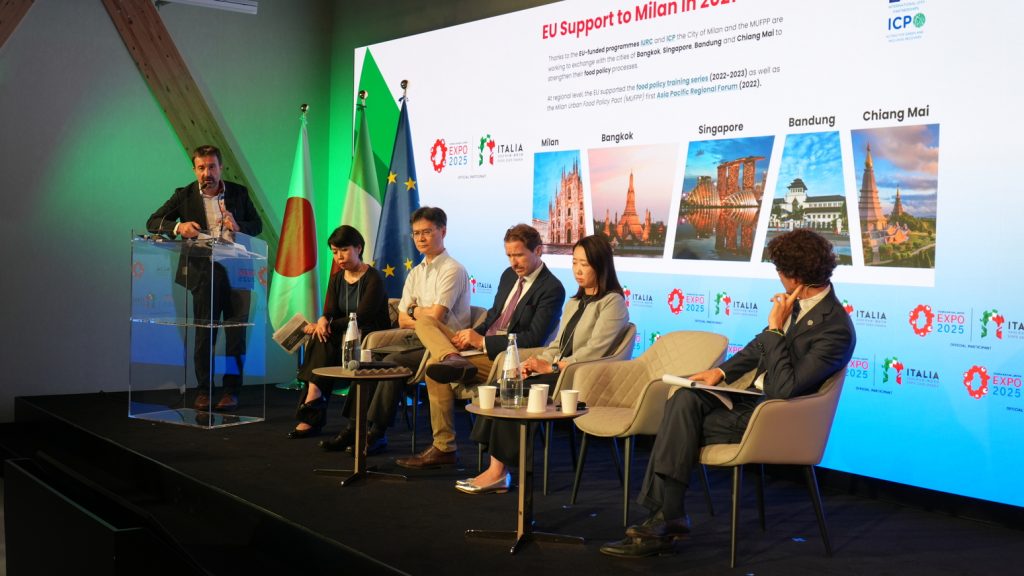
Collaboration with international partner is indeed pivotal, as clearly expressed also by Cesar Moreno, Programme Manager Foreign Policy Instruments, Delegation of the European Union to Japan on EU Support to Subnational Cooperation in Asia and Australasia, who explained the role of the International Urban and Regional Cooperation (IURC): an EU-funded programme aimed to lead decentralized subnational cooperation in the fields of sustainable urban development and regional innovation, focusing not only on developing partnerships but also on practical implementation of concrete projects. Thanks to the EU-funded programmes IURC and ICP, the MUFPP is working to exchange with the cities of Bangkok, Singapore, Bandung and Chiang Mai to strengthen their food policy processes. The collaboration follows the remarking EU’s support in MUFPP’s food policy training series (2022-2023) as well as in MUFPP’s first Asia Pacific Regional Forum (2022).
In addition, the European Union, the Embassy of Italy to Thailand, the Bangkok Metropolitan Administration, and the MUFPP cooperated to make Bangkok’s food systems more sustainable through the definition of the first Bangkok Food Strategy, with the launch of the food policy by Bangkok’s Governor in November 2023. Moreover, in the new edition of the IURC, Milan has been selected as a pilot city for the circular economy cluster which includes food systems, and it has been proposed to become the coordinator on this topic.
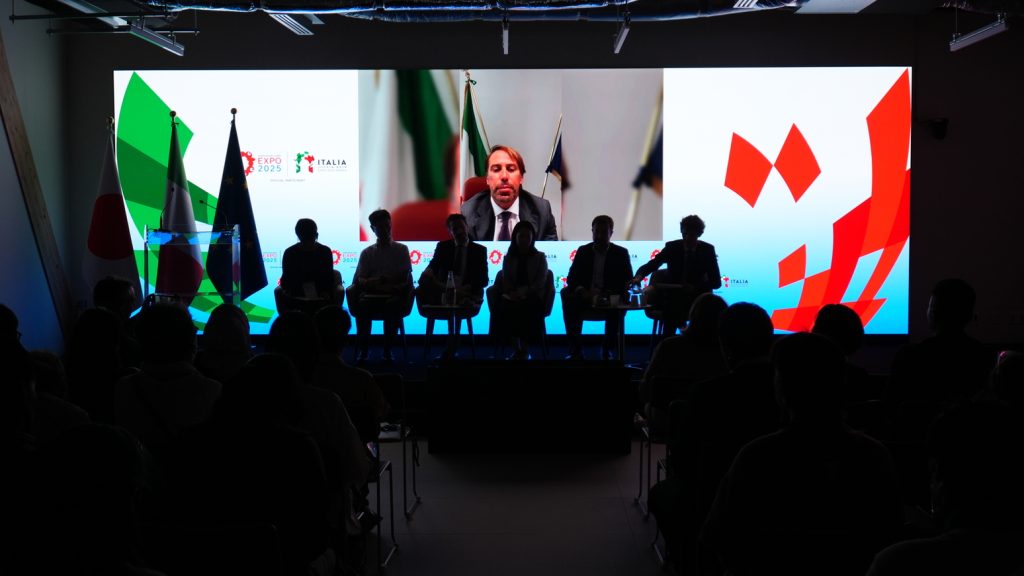
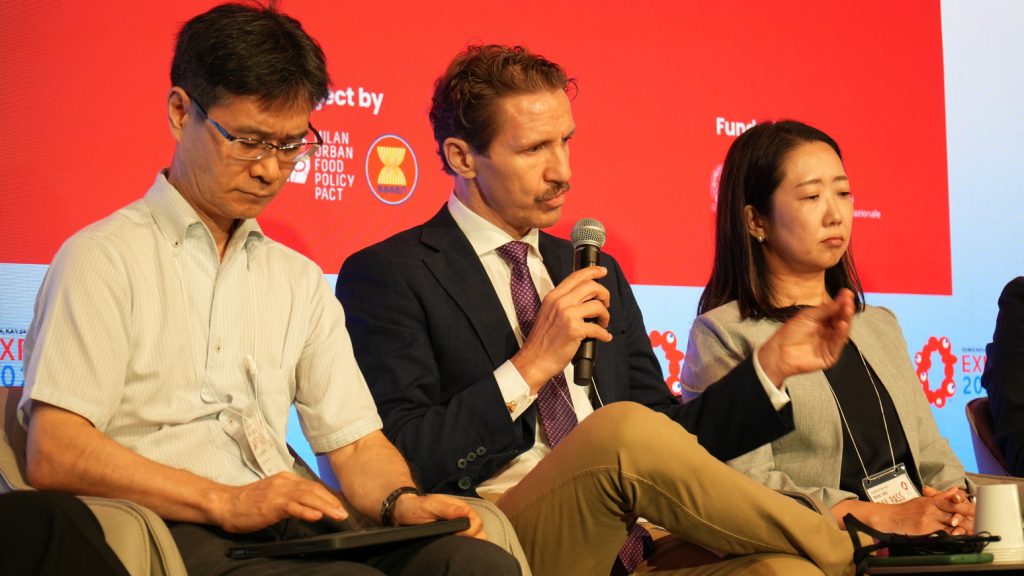
To remark also the commitment of the Italian Agency for Development Cooperation (AICS), Marco Riccardo Rusconi, AICS Director, recognized the role of cities in driving consistent transformation, as in urban areas many development challenges converge but it is also where innovation and effective solutions often emerge. Thus, AICS considers collaborating with cities strategic and they are proud to support the MUFPP through a three-years partnership with the Municipality of Milan. Through the ASEAN-Italy partnership, AICS is committed to promote initiatives capable of delivering long-term impact. As reported by Luca Sartorelli, Coordinator, infrastructure, WASH and Health, AICS, they decided through their regional hub in Hanoi to open an antenna in Jakarta with the specific task of strengthening the collaboration between Italy and the ASEAN Secretariat, specifically to work on sustainability. Thanks to the activation of this antenna in 2024, two key initiatives have been activated, one on sustainable fisheries and one on sustainable agriculture. He underlined how improved school meals programmes can be the drive for more sustainable food supply chains and better usage of natural resources (like water).
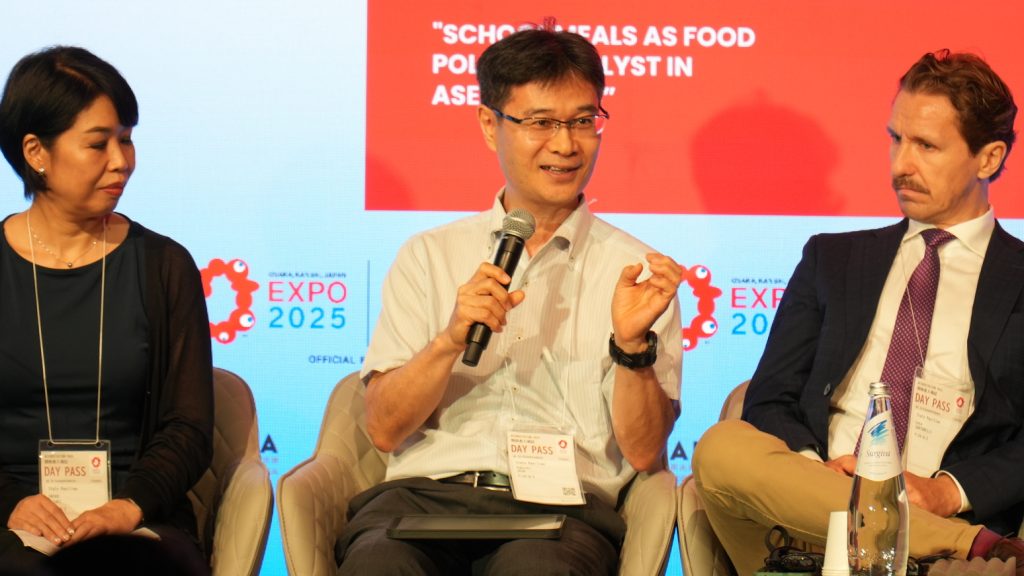
In fact, with public procurement cities have a tremendous lever to shift the way in which food is produced, and it is key to provide on one side policy officers with capacity building, and on the other side financial support to implement the policies and develop infrastructures, such as the kitchen units or the logistic facilities of cities. To promote this, the city of Milan has recently signed a Memorandum of Understanding with the Asian Development Bank (ADB) with the objective of operating on sustainable development of cities, and food is a key component. As recalled by Takeshi Ueda, Director for Agriculture, Food, Nature & Rural Development, ADB, during their annual meeting last May in Milan the announcement for $ 40 billion for financing food system transformation 2022 to 2030 was made especially to support long-term food and nutrition security in Asia and the Pacific. A strong focus was placed on the role of school meals in incentivizing children to go to school, and thus the need to alleviate the financial burden on families. As underlined by Emiko Masaki, Principal Health Specialist, ADB, the Asian Development Bank has assisted the government of Indonesia in promoting universal free school meals programmes, as it is also shown that well-nourished students have a better learning outcome.
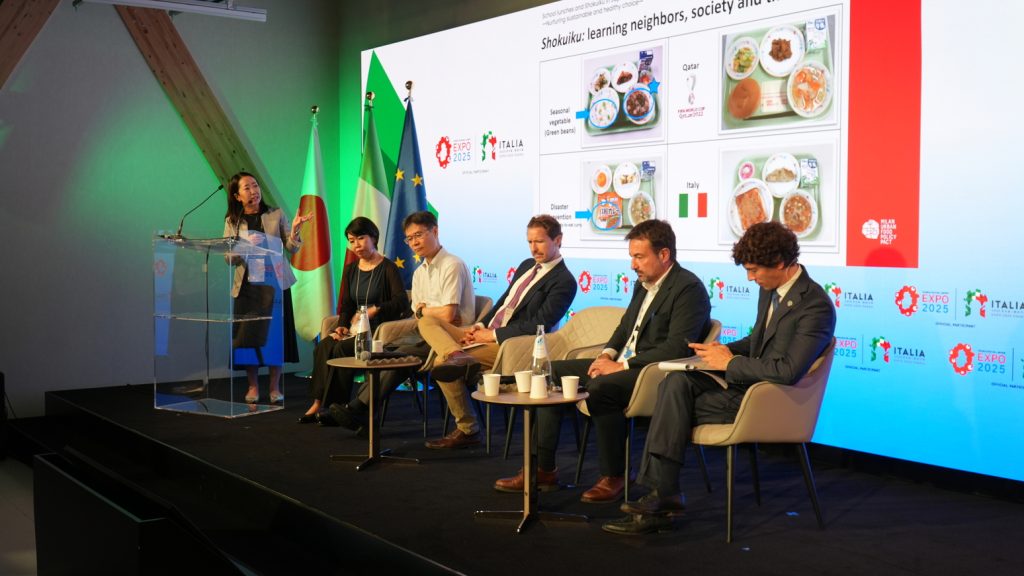
In terms of support to MUFPP signatory cities, Asian Development Bank can provide different financing modalities. Some of them support policy reforms such as, for example, urban food policies, and others related to investments in existing or developing school meals programmes. Within this, the Milan Urban Food Policy Pact is fully aligned with the ADB’s goal of bridging the gap between rural and urban areas, which is a significant challenge for ASEAN countries, while working on areas as circular economy, food loss and waste, and GHGs emissions reduction, which ADB can contribute to bring into the ASEAN agenda.
